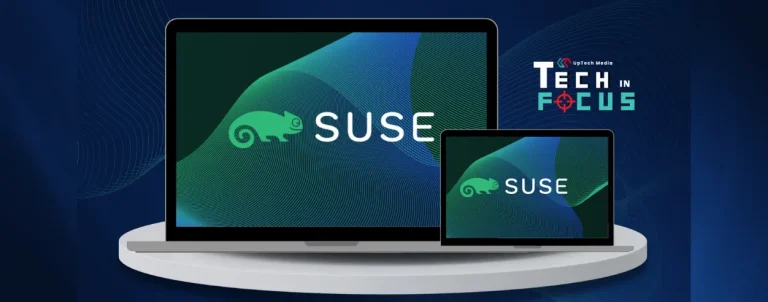Singapore – A recent report by Zendesk revealed that a major shift in the future of customer experience is anticipated to happen, with about 82% of leaders in Singapore believing artificial intelligence would be a decisive factor for businesses.
In the report, 74% of industry experts in Asia Pacific also indicated that this evolution would lead to a smaller CX team due to streamlining operations and delivering high-quality service to customers. In Singapore, for instance, industry experts noted the most muted response at 63% who predicted downsizing, compared to their regional counterparts in Australia at 84% and India at 73%.
Furthermore, respondents across the region see AI as a transforming force for CX, noting that 85% of this view is shared by Singaporean leaders, which is less than the agreement levels in India at 92% and Australia at 90%.
Interestingly, leaders in Singapore show optimism for the future of CX in the next three years. In particular, around 87% of them believe voice-activated self-service will be an option for all channels. Another 85% also said integrated text, voice, and video interactions will be combined into a single experience, and lastly, about 81% think all CX solutions will have built-in generative capabilities.
Approximately 84% of the respondents further believe there will be a fivefold increase in customer service interactions by 2027, with leaders confident in AI’s ability to maintain quality service. The said shift will make operations smoother, decisions sharper, and boost market competitiveness.
In addition, a significant 70% of industry leaders believe all channels will be powered by AI in three years, with AI-assisted support augmenting human agents by providing real-time diagnostic assistance and recommendations.
Meanwhile, it was also observed that tech-savvy agents will be the new norm, signalling the transformation of the roles of agents, admins, and leaders to prioritise specialised skills.
More specifically, the report indicated that 86% of industry leaders in Singapore say agent roles will evolve to cross-functional roles for more holistic service, with three-quarters believing they will only handle complex escalations that involve in-depth troubleshooting.
In essence, proficiency with AI tools, advanced problem-solving, and continuous learning will be crucial for agents. This shift will help them provide superior customer experiences, boosting their productivity and the quality of their service.
Ultimately, admin roles are expected to undergo significant changes as they transition into becoming proactive guardians of business operations. They will then be increasingly dependent on AI copilots and smart tools to manage automated interactions and implement AI-driven improvements.
Craig Flower, chief information officer at Zendesk, said, “In the near future, AI will play a role in all customer interactions, moving us beyond traditional, manual service to more advanced, technological-driven experiences.”
“That’s why leaders are proactively adjusting their strategies now to navigate the anticipated changes and leverage AI to its fullest potential. A transformation won’t happen overnight, but there will be a steady progression that develops over time. It’s going to redefine roles and improve experiences for CX teams and their customers,” Craig added.
Maureen Chong, regional vice president for Asia at Zendesk, also said, “Consumers today have been clear about the imperatives in their interactions with businesses – an AI-assisted, personalised experience that’s consistent across all platforms. CX leaders across Asia Pacific are feeling the pressure to adopt AI into their CX organisations, with over 90% saying the pace of change is overwhelming.”
“With only a quarter of leaders in the region describing their AI adoption as advanced, industry leaders are recognising the gaps and taking steps to strengthen their CX. Key areas they are addressing – enhancing data security, investing in new CX technologies, expanding AI and automation in service delivery, integrating generative AI, and optimising self-service support. Done right, this won’t just help businesses weather ongoing economic uncertainties; it will, in fact, give them a competitive edge,” she further explained.












